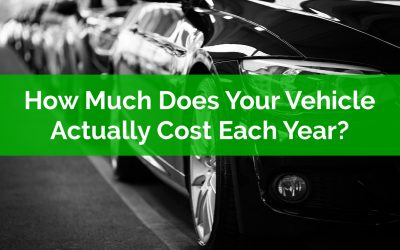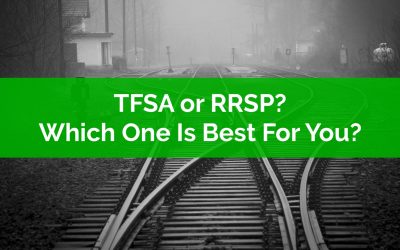Congratulations! You’re on the waitlist!
We will e-mail you before the bootcamp launches for an exclusive preview.
Check out our latest blog posts…
Why We Choose To Spend Our Money On Freedom
What do you prefer to spend your money on? Cars, houses, vacations? Everyone spends their money differently. Some people enjoy nice cars, large houses, the latest clothes or gadgets, luxurious vacations, food, wine, restaurants, the list is endless.
But for some of us, we like to spend our money a different way. Some of us like to slowly buy more and more freedom, flexibility, and time.
Like other ways to spend money, buying freedom is a personal choice, but it’s the right trade-off for us. We don’t value expensive cars, or large houses, or expensive clothes, but what we do value is freedom, flexibility, and time.
How Much Does Your Vehicle Actually Cost Each Year?
How much does your vehicle actually cost each year? It’s likely more than you think. With insurance, gas/fuel, maintenance, licensing, future upgrades etc. the list of vehicle related expenses is quite long.
As a general rule of thumb, the average household spends about 15% of their net income on transportation. That’s a lot of money! That basically means 15% of our working lives is dedicated to spending on transportation.
If the average family with children has net income of around $105,000 per year in Canada, that means the average family is spending approximately $15,750 per year on transportation costs!
If that spending carries forward into retirement, that $15,750 per year in annual spending would require a nest egg of $393,750 just to support the same level of spending in retirement.
So, not only will this family spend $15,750 per year on transportation, but they’ll also need to save up $393,750 before retirement to support that spending in the future too!
Spending $15,750 per year on transportation might seem like a lot of money, but as we’ll see, it’s pretty easy to get there depending on the choices you make…
TFSA or RRSP? Which One Is Best For You?
Both the Tax-Free Savings Account (TFSA) and the Registered Retirement Savings Plan (RRSP) are tax-sheltered accounts offered to Canadians by the government as a way to help save and invest without the drag of income tax on annual returns.
Although both are great ways to help grow your money, it can be difficult to decide which one is best for you.
Often one type of account is better for an individual than the other. In most cases we would prefer to maximize one of these accounts before moving on to the next.
Which account we choose, TFSA or RRSP, will depend on a number of factors. These factors may change over time. It’s reasonable to assume that a new grad entering the work force would be better suited to maximizing their TFSA first but as their income grows they may prefer to start focusing on their RRSP instead.
This decision between TFSA or RRSP often involves looking at your marginal effective tax rate today and your marginal effective tax rate in the future. You marginal effective tax rate is your income tax rate PLUS the claw back rate you experience from government benefits.
Making the right decision between TFSA or RRSP can help save $100,000’s over time.
It can mean paying thousands LESS in income tax and it can mean qualifying for thousands MORE in government benefits (like the Canada Child Benefit (CCB) or the Guaranteed Income Supplement (GIS) or one of dozens of other government benefits that are available).



